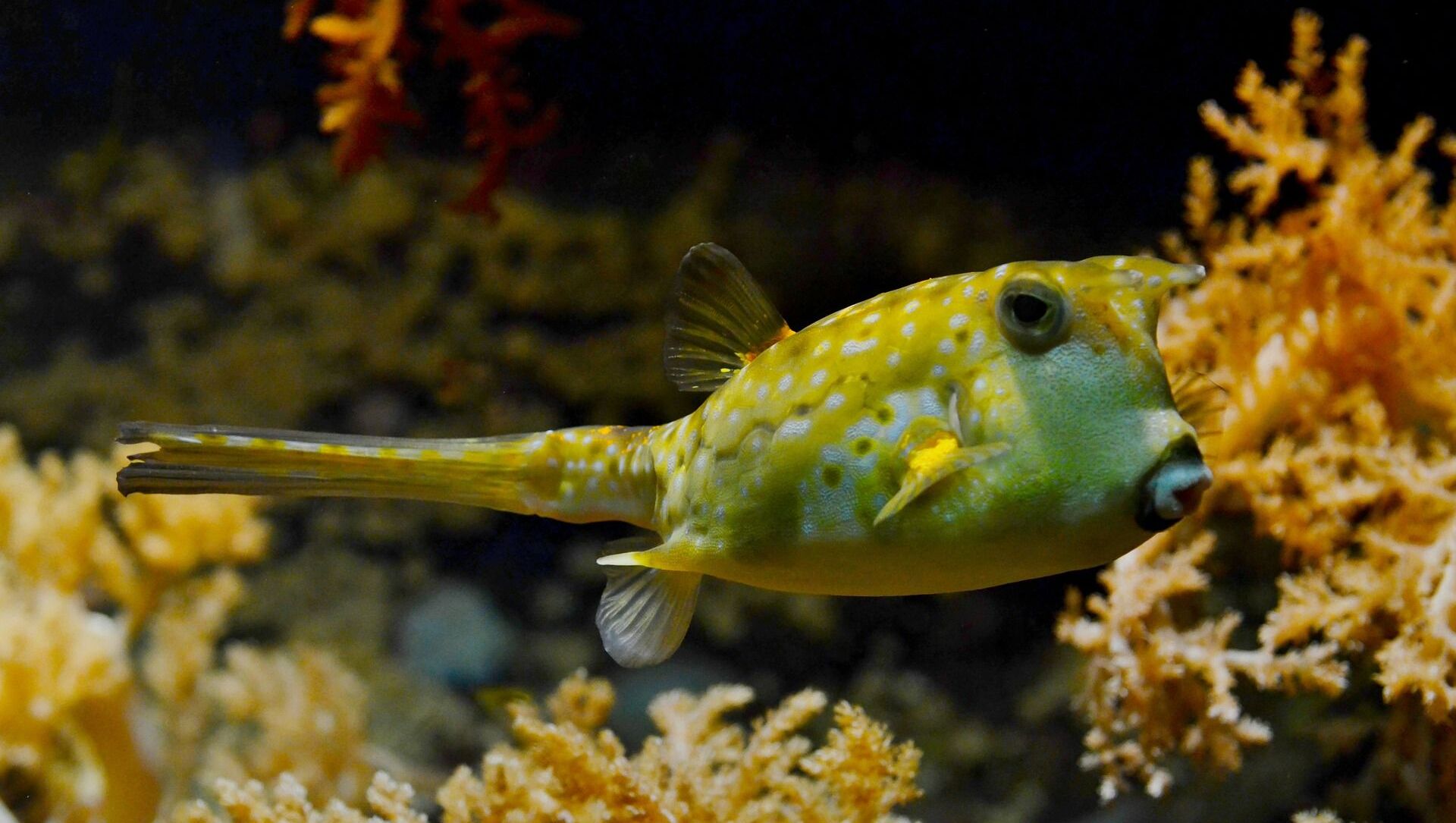Dr Tess Gridley, a Brit from Sheffield who lives in South Africa, discovered scores of pufferfish washed up on Cape Town's Muizenberg Beach while she was walking with her family earlier this month, the Daily Star reported.
Gridley said hundreds of fish were stranded on the sand – they were soon identified by experts as poisonous "Evileye" pufferfish.
"These dead fish all carry the deadly neurotoxin tetrodotoxin and should not be eaten; death comes usually by cardiac arrest...Beach dog walkers are strongly advised to keep their pets away from them. If one’s dog does eat whole or part of a pufferfish, immediately induce vomiting and rush your pet to the vet," South Africa’s Department of Environment, Forestry, and Fisheries said, as quoted by the newspaper.
The Evileye pufferfish contain tetrodotoxin, a poison that can paralyse the diaphragm causing respiratory failure, which can lead to suffocation and cardiac arrest.
It's not yet known why the fish washed up on the beach.

